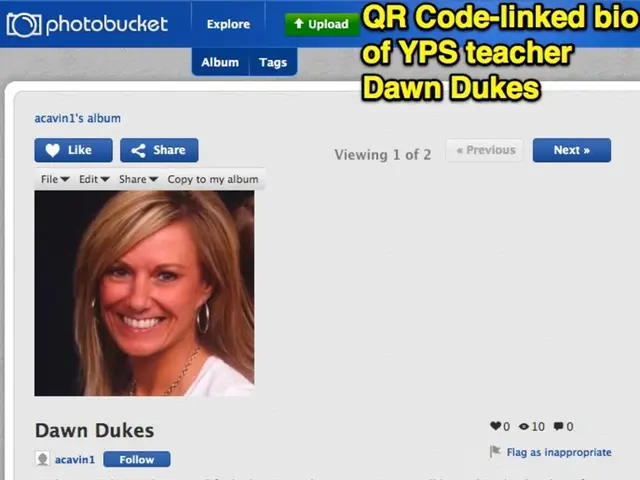FCC's responsibilities in deciding which stations air content.
In a recent interview, Tom Wheeler, former chair of the Federal Communications Commission (FCC) under President Obama, expressed concern over the current administration's approach towards media companies. Wheeler, who is currently a visiting fellow at the Brookings Institution, believes that media companies would win in court if they defy the federal government, should the situation arise.
His concerns stem from President Trump's statement that licenses could be revoked for unflattering coverage, which Wheeler views as intimidation. This sentiment is shared by former President Obama, who tweeted that government coercion is the kind of action the First Amendment was designed to prevent.
The FCC, set up as an independent agency in 1934, requires broadcast TV stations to operate in the public interest. However, under the Trump administration, the FCC is expected to review all actions with the White House, raising questions about its independence. This has led to concerns that the FCC could potentially use its significant leverage over affiliates, who operate on airwaves licensed by the FCC, to influence what media outlets can say.
Brendan Carr, the current chairman of the FCC, has been at the centre of these concerns. Carr has suggested that broadcasters could face fines or license revocations if they continue to run content with a pattern of news distortion. This stance, according to Wheeler, amounts to using the FCC's power to intimidate and coerce broadcasters.
The controversy has escalated with the recent decision by ABC and Disney to put Jimmy Kimmel's show on indefinite hiatus. The move follows ABC's decision to air a segment critical of Trump, which Carr applauded. However, Brendan Carr's reaction to ABC's decision and Kimmel's comments was unusual and possibly unprecedented.
Wheeler warns that the Trump administration is using a new form of cancel culture, leveraging the FCC to influence what media outlets can say. This raises serious questions about the future of free speech and the independence of the FCC.
As the FCC considers the approval of a merger between Nexstar, the largest station group in the country, and Tegna, another large station group, these concerns about the FCC's role in media regulation are more pertinent than ever. The outcome of this merger, and the FCC's handling of it, could set a precedent for the future of media regulation in the United States.






